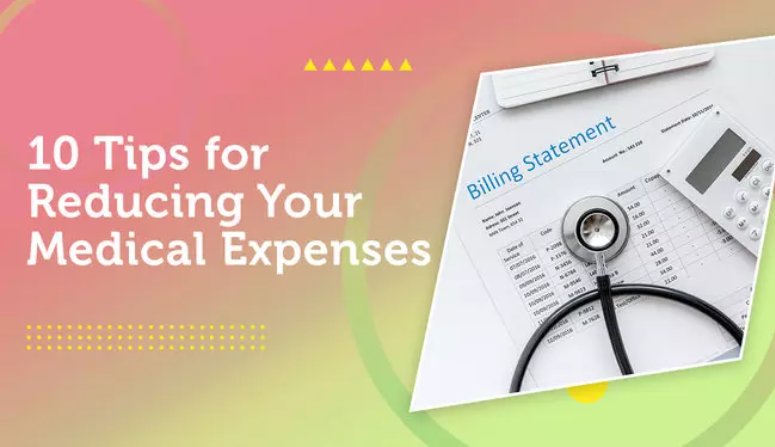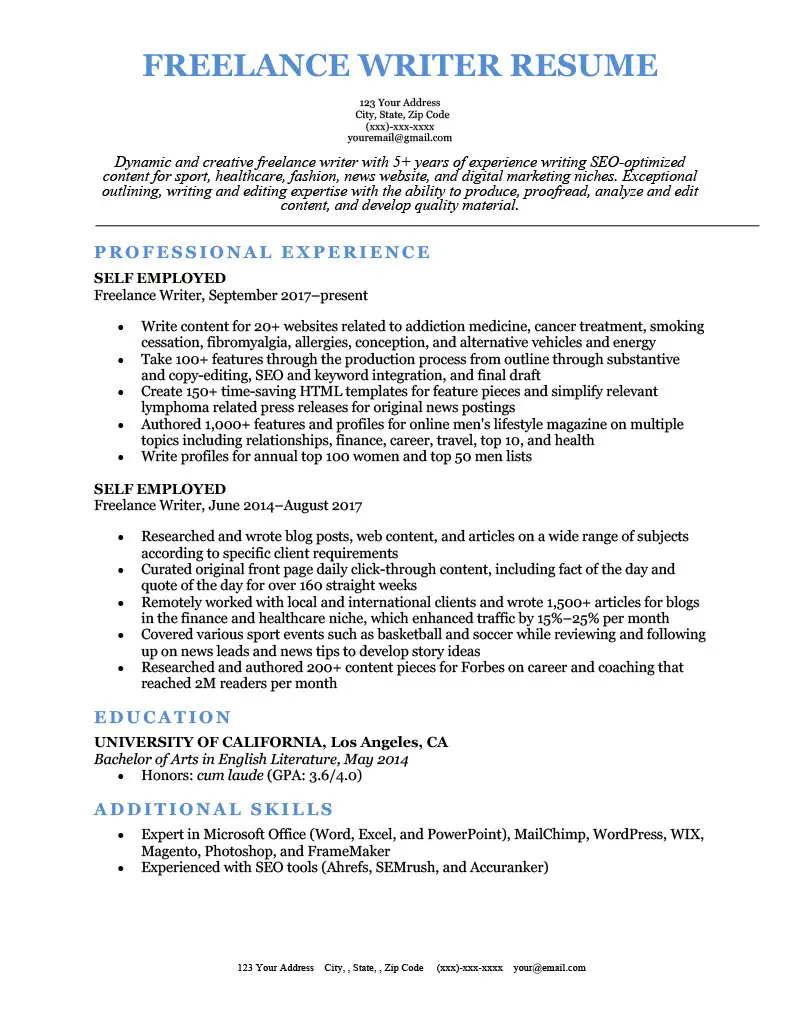Looking for ways to reduce your medical expenses without insurance? You’re in the right place! We understand that navigating the healthcare system can be overwhelming, especially without the safety net of insurance coverage. But fear not, because we have some practical tips for you to consider. By incorporating these strategies into your healthcare routine, you can potentially save money and alleviate some of the financial burden. So, if you’re ready to take control of your medical expenses, let’s dive into these helpful tips for reducing medical expenses without insurance.
Tips for Reducing Medical Expenses Without Insurance
Introduction
In today’s world, healthcare costs can be overwhelming, especially for those without insurance. Without a safety net to rely on, individuals and families might find it challenging to afford the medical care they need. However, there are several strategies you can adopt to reduce medical expenses without insurance. This article aims to provide you with a comprehensive guide on effective ways to minimize your healthcare costs while still receiving the necessary treatment.
1. Research Affordable Providers
Finding affordable healthcare providers is crucial when you don’t have insurance. Conducting thorough research to identify clinics, hospitals, and doctors who offer quality services at lower costs can significantly reduce your medical expenses. Here are some steps to help you during your research:
- Look for community health clinics: Community health clinics often offer services on a sliding scale based on income, meaning they adjust their fees according to your financial situation.
- Check out federally funded health centers: These centers provide affordable healthcare services to underserved populations. They charge you based on what you can afford, ensuring you receive the care you need without incurring excessive costs.
- Consider medical schools and teaching hospitals: These institutions often have clinics where medical students, supervised by experienced doctors, provide affordable healthcare services.
2. Negotiate with Healthcare Providers
Many healthcare providers are willing to negotiate their fees, especially for patients without insurance. Don’t hesitate to discuss the costs upfront and negotiate a payment plan or a discounted rate. Here are some tips for successful negotiation:
- Research the typical cost of the procedure or treatment you require. This knowledge will give you a better idea of what to negotiate for.
- Explain your financial situation to the healthcare provider and express your willingness to pay within your means.
- Ask if they offer any self-pay discounts or if they can provide a payment plan that suits your budget.
- Be polite, respectful, and persistent during the negotiation process. Remember, healthcare providers want to help their patients, and finding a mutually beneficial solution is in their interest as well.
3. Utilize Prescription Assistance Programs
Prescription medications can be a significant expense, especially for individuals without insurance coverage. However, numerous prescription assistance programs exist to help reduce these costs. Consider the following options:
- Manufacturer assistance programs: Many pharmaceutical companies offer patient assistance programs that provide free or discounted medications to eligible individuals who cannot afford them. Check the websites of the medication manufacturers or contact them directly for more information.
- Pharmacy discount programs: Pharmacies such as Walmart, Target, and Costco have their own prescription discount programs. These programs provide substantial savings on a wide range of generic and brand-name medications.
- Government assistance programs: Depending on your eligibility, you may qualify for government programs like Medicaid or Medicare, which can significantly reduce your prescription medication costs.
4. Seek Out Free or Low-cost Clinics
Free or low-cost clinics are an excellent resource for individuals without insurance. These clinics provide essential medical services at reduced rates or for free. Here’s how you can find such clinics:
- Contact your local health department: They often have information on clinics that offer free or low-cost services in your area.
- Research charitable clinics: Non-profit organizations sometimes operate free or low-cost clinics to serve the community. Look for these organizations in your vicinity.
- Consider telemedicine options: Telemedicine allows you to consult with healthcare professionals remotely, often at lower costs compared to in-person visits. Explore telemedicine services that cater to patients without insurance.
5. Take Advantage of Preventive Care
Preventive care is crucial for maintaining good health and can potentially save you from expensive medical treatments down the road. Engaging in healthy habits and seeking preventive care can help you avoid or catch potential health issues early on. Here are some tips:
- Adopt a healthy lifestyle: Exercise regularly, maintain a balanced diet, and prioritize your mental well-being. By taking care of your overall health, you can reduce the chances of developing chronic conditions.
- Stay up to date with vaccinations: Vaccines are a vital part of preventive care. Make sure you receive recommended vaccinations to prevent illnesses that can be costly to treat.
- Attend free health screenings: Many organizations and healthcare providers offer free health screenings for conditions such as blood pressure, cholesterol levels, and diabetes. Take advantage of these screenings to catch any potential health issues early.
6. Consider Medical Tourism
Medical tourism, also known as health tourism, involves traveling to another country to receive medical treatment at lower costs. While this option might not be suitable for everyone, it can be an effective way to save money on certain procedures. Here are some factors to consider:
- Research the reputation and quality of healthcare facilities in the target country. Look for accreditations, certifications, and positive patient reviews.
- Evaluate the potential cost savings versus the travel expenses and the associated risks of traveling abroad.
- Consult with your primary healthcare provider to determine if medical tourism is a viable option for your specific medical needs.
7. Explore Alternative Medicine and Natural Remedies
Alternative medicine and natural remedies can sometimes provide cost-effective solutions for certain health conditions. While it’s important to consult with healthcare professionals before incorporating any alternative treatments, here are some options to consider:
- Herbal remedies: Certain herbs and botanicals have been used for centuries to address various ailments. Research natural remedies that might alleviate your symptoms or complement traditional treatments.
- Acupuncture: Acupuncture is a practice rooted in traditional Chinese medicine. It involves inserting thin needles into specific points of the body to stimulate healing. Some individuals find acupuncture helpful for pain management and other health issues.
- Yoga and meditation: These practices can improve overall well-being and help manage stress, contributing to better health outcomes.
8. Stay Organized and Keep Track of Medical Expenses
Maintaining organized records of your medical expenses is essential, particularly when you don’t have insurance. These records will help you keep track of your spending, identify potential errors, and serve as documentation for tax deductions. Here are some tips:
- Keep copies of all medical bills, payment receipts, and insurance claim rejections.
- Create a spreadsheet or use expense tracking apps to record all your medical expenses.
- Review your medical bills carefully, ensuring there are no erroneous charges or double billing.
- Consult with a tax professional to understand if you qualify for any medical expense deductions when filing your taxes.
Reducing medical expenses without insurance can be a daunting task, but it’s not impossible. By implementing the tips provided in this article, you can navigate the healthcare system more effectively and minimize your financial burden. Remember to conduct thorough research, negotiate with healthcare providers, explore assistance programs, and prioritize preventive care. By taking proactive steps, you can access the medical care you need without breaking the bank.
Lower Your Medical Bills With THIS TRICK | Dr. Mike
Frequently Asked Questions
Frequently Asked Questions (FAQs)
Q1. What are some tips for reducing medical expenses without insurance?
Explore healthcare options specifically designed for individuals without insurance coverage. Consider community health centers, sliding-scale fee clinics, or free clinics that provide medical services at reduced or no cost.
Q2. How can I negotiate medical bills without insurance?
When facing high medical bills, reach out to the healthcare provider or hospital billing department to discuss payment options or negotiate a lower rate. They may offer payment plans or be willing to lower the cost based on your financial circumstances.
Q3. Are there any government assistance programs available for reducing medical expenses?
Yes, several government assistance programs can help individuals reduce medical expenses. Examples include Medicaid, CHIP (Children’s Health Insurance Program), and subsidies offered through the Affordable Care Act marketplace.
Q4. What steps can I take to prevent medical debt?
To prevent medical debt, it’s important to prioritize preventive care and maintain a healthy lifestyle. Regular check-ups, early detection of health issues, and effective disease management can help minimize the need for costly medical treatments.
Q5. How can I find affordable prescription medications without insurance?
Compare prices from different pharmacies, explore generic medication alternatives, and inquire about patient assistance programs offered by pharmaceutical companies. Additionally, consider using discount prescription drug cards or applying for prescription assistance programs.
Q6. Are there any organizations that provide financial help for medical expenses?
Several charitable organizations and nonprofits offer financial assistance for medical expenses. Research and reach out to organizations that specialize in providing support for specific medical conditions or general medical assistance.
Q7. What are some strategies for managing healthcare costs without insurance?
Opt for preventative measures and lead a healthy lifestyle to reduce the risk of medical emergencies. Additionally, negotiate medical bills, seek out affordable healthcare options, and thoroughly research available resources for financial assistance.
Q8. How can I navigate the healthcare system effectively without insurance?
Stay informed about healthcare options available in your area. Utilize online resources and community networks to find clinics, events, or programs that offer free or low-cost healthcare services. Building a strong support network can also provide guidance and recommendations.
Final Thoughts
In conclusion, reducing medical expenses without insurance can be challenging, but it is not impossible. By following these tips, you can take control of your healthcare costs and alleviate some financial burden. First, seek out low-cost clinics or community health centers for routine check-ups and basic medical needs. Secondly, negotiate with healthcare providers for lower rates or payment plans. Thirdly, take advantage of prescription drug assistance programs or opt for generic medications. Lastly, focus on preventive care and maintaining a healthy lifestyle to avoid costly medical treatments. By implementing these strategies, you can significantly reduce your medical expenses without insurance.


